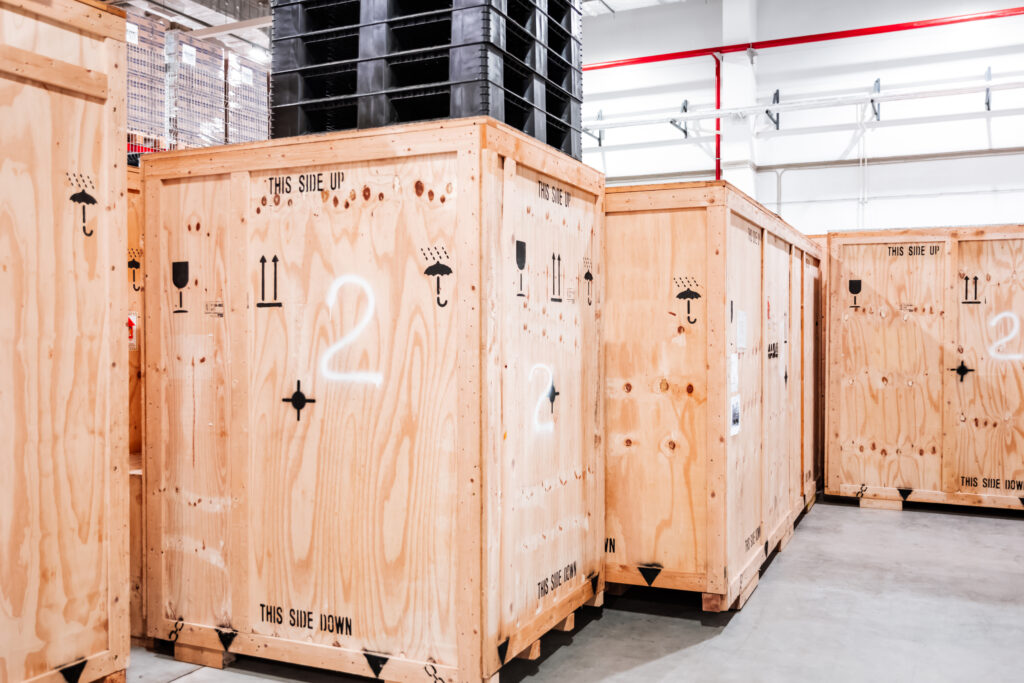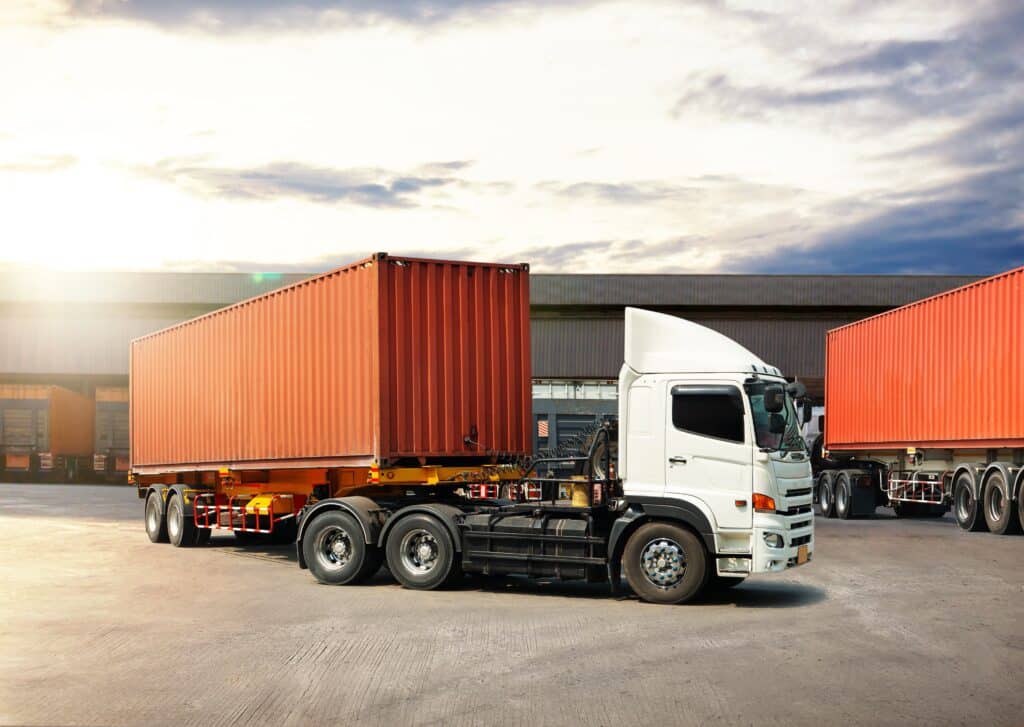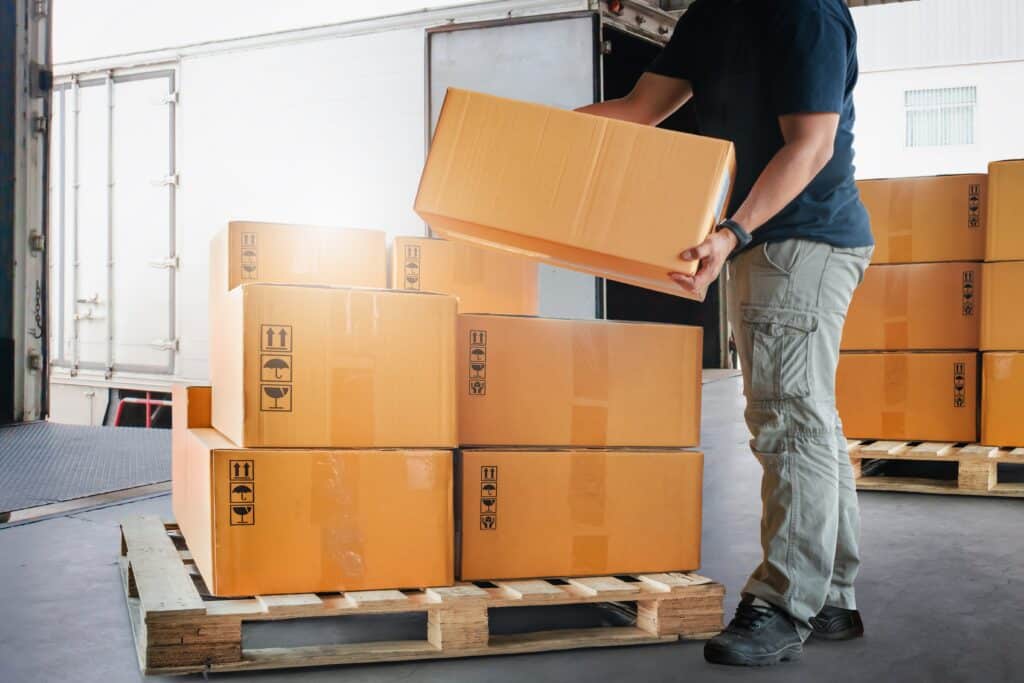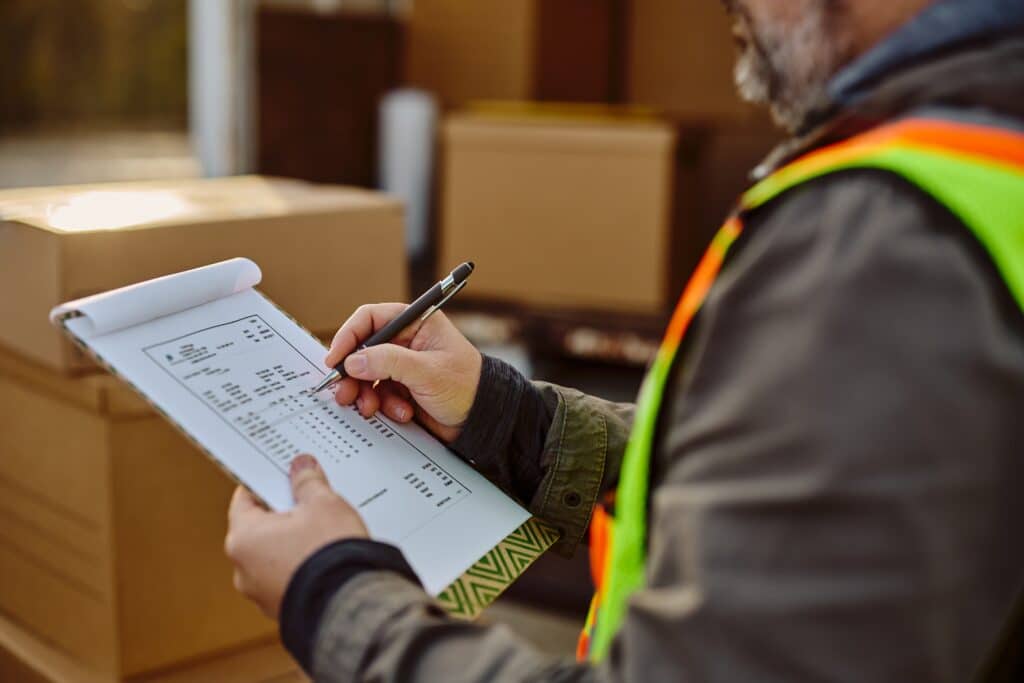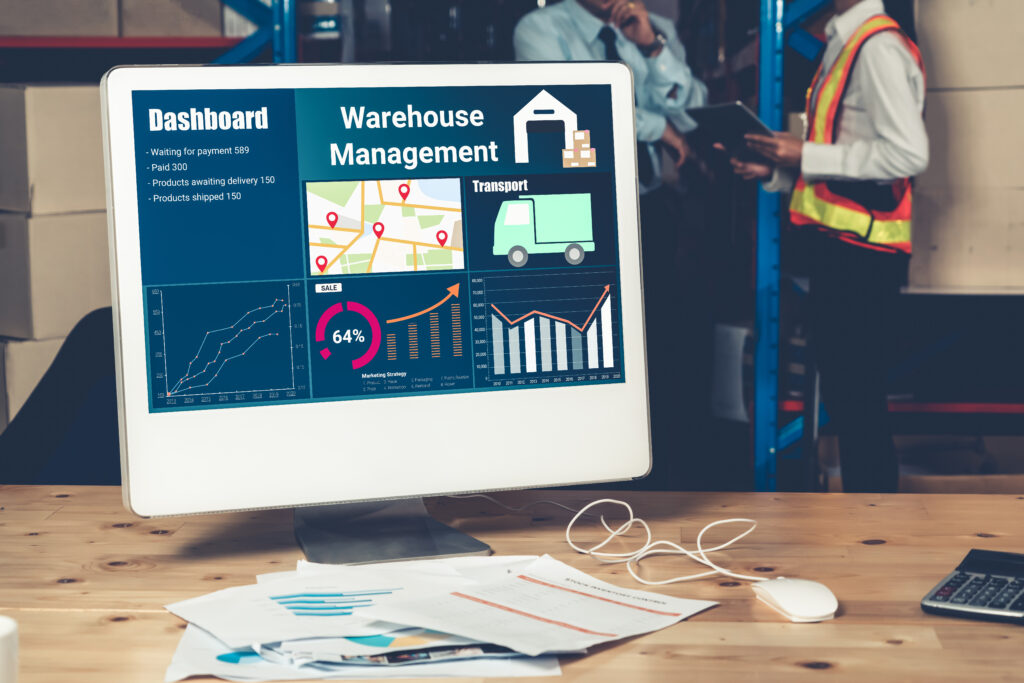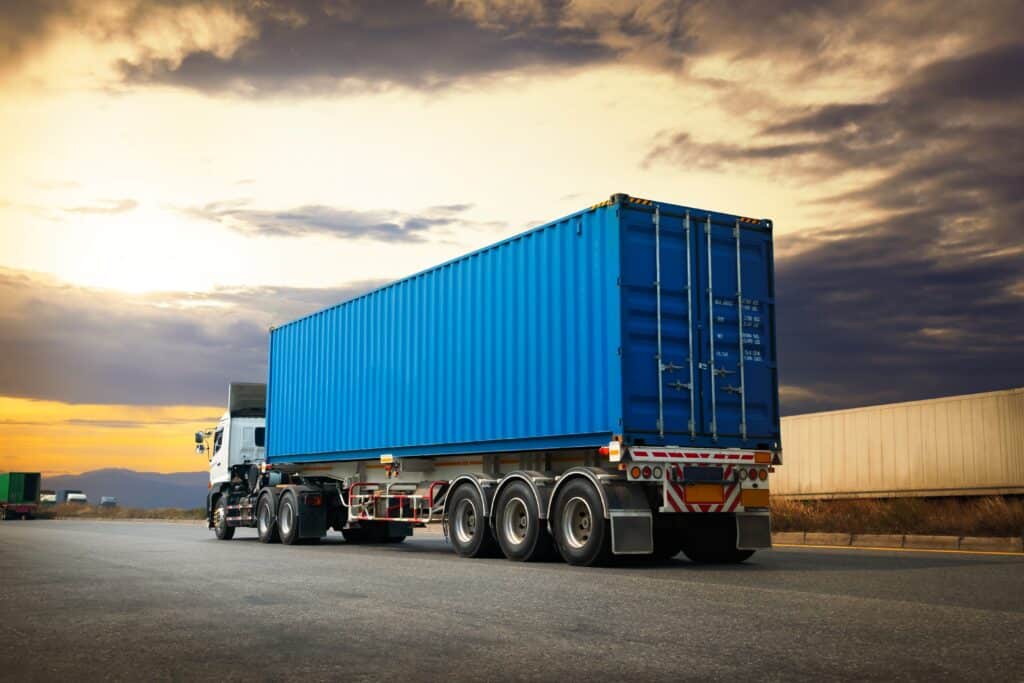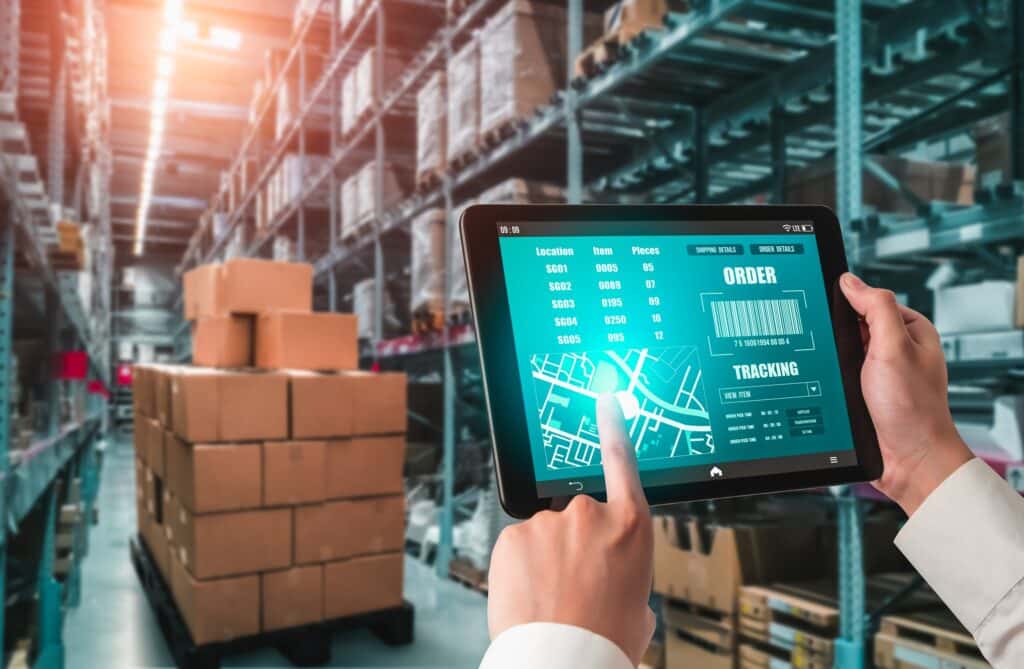Understanding The Classification of Freight
When shipping goods, not all items are created equal. Whether it’s a stack of steel beams or a delicate piece of antique furniture, how those items are classified directly affects the cost and care they receive during transit. Enter freight class—a system that holds the key to understanding the balance between weight, size, and…
Read More5 Most Common Uses of Inbound Freight in Logistics
Every business relies on logistics to plan, organize, and manage the flow of goods, services, and information from the point of origin to the point of consumption. In logistics, inbound freight refers to bringing materials, products, or supplies into a business. This side of the supply chain is as important as outbound freight, as it…
Read MoreHow Much Does Cargo Insurance Cost and Is It Worth It?
When shipping goods, whether across the country or worldwide, there’s always a risk something could go wrong. The list of potential hazards is long, from natural disasters to accidents or theft. That’s where cargo insurance comes in. Cargo insurance protects your investment should the worst happen to your shipment in transit. But how…
Read MoreWhat Are The Differences Between A Common Carrier And A Dedicated Contract Carrier?
What is Full Truckload (FTL) in Logistics? When you need to move a large amount of goods at once, Full Truckload (FTL) shipping might be exactly what you’re looking for. Instead of sharing space with other shipments, FTL means your products have the whole truck to themselves. It’s a straightforward option for getting your large…
Read MoreFreight Forwarding: What Is It And What Are The Advantages?
Freight Forwarding: What Is It, and What Are The Advantages? Freight forwarding is a common term in logistics. But what exactly does it mean, and why should you consider using these services? If you’re involved in shipping goods locally or internationally, understanding freight forwarding can streamline your operations and save you time and money.…
Read MoreShipping vs Freight: Which One Is More Cost Effective?
Finding cost-effective logistics solutions is important for controlling costs. Understanding the differences between parcel shipping and freight shipping, and their cost implications, can help make an informed choice. Understanding Parcel and Freight Shipping Parcel Shipping: Parcel shipping refers to transporting smaller packages, typically under 150 lbs, through carriers like UPS, FedEx, or DHL. This method…
Read MoreHow is Freight Class Determined and What Is the Purpose?
Businesses shipping goods must know how freight classes are determined to ensure accurate pricing and efficient logistics. Anyone in shipping or logistics must understand freight class to avoid unexpected costs and streamline operations. In this blog, our team will explain how freight class is determined and what its purpose is in the shipping industry. What…
Read MoreKey Performance Indicators (KPIs) and Metrics to Measure in Logistics Operations
Understanding how effectively your business operates is driven by metrics. The logistics industry, like every other industry, has its own set of performance indicators. This blog will focus on the essentials of logistics KPIs, highlighting their importance and detailing the key metrics every logistics manager should keep an eye on. Using the right performance indicators…
Read MoreLSP vs 3PL: How Logistics Service Providers Differ
Companies looking to outsource their logistics service provider often have many choices. Their decisions come down to the services they provide and benefits such as flexibility. These options include logistics service providers (LSP) and third-party logistics providers (3PL). Each option serves a distinct role in the logistics ecosystem. Understanding these differences is important for businesses…
Read MoreUnderstanding the Role of Logistics in Supply Chain Management
As long as humans have existed, there have been movements and transportation of goods. The concept of logistics is not new. It continues to play a major role in the supply chain operations of many industries, though vast improvements have been made in the process. This blog will highlight the role of logistics within supply…
Read More
